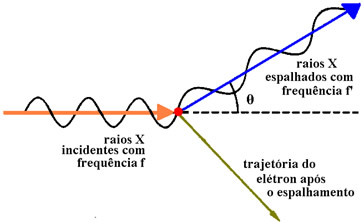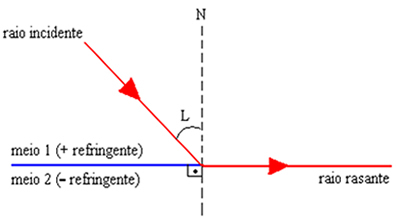The Federal Government announced at the end of February the 25% reduction of IPI (Taxes over industrialized products). With this, products such as cars and electronics should become cheaper. However, cigarettes are not covered by the measure. Thus, a positive impact on the country's economy is expected.
Read more: FGTS: Government wants to release more withdrawals after Carnival
see more
Is it better to eat boiled eggs for lunch or dinner? Find out here
With me-no-one-can: Meet the plant capable of warding off evil eyes
Trying to boost the economy
With the measure, there is an expectation that sales of white goods (refrigerators, stoves, microwaves, etc.) and automobiles will increase. However, the government will fail to collect around BRL 19.5 billion this year and BRL 22.5 billion in 2024.
Half of this amount will embezzle the Union's cash, while the other half will impact the states and municipalities. For this reason, some states have already shown themselves to be against the initiative, with the allegation that measures of the type have already been taken without success.
300 thousand companies can receive the benefit
According to Paulo Guedes, Minister of Economy, 300 thousand companies should benefit from the measure. Still according to the portfolio holder, the reduction marks the beginning of a period of reindustrialization in Brazil.
Way to mitigate the impact of inflation
The ministry also defended that the action could be an option to reduce the effects of inflation. On the other hand, the measure may also be a response to the pressure for cuts in fuel-related taxes.
Federal tax collection broke records in 2022
According to the General Secretariat of the Presidency of the Republic, in January 2022 there was a record in the collection of federal taxes. Therefore, there is room to enable the IPI reduction in order to warm up the economy and encourage both industry and commerce.
What is the real gain with the 25% IPI reduction?
According to Robson de Andrade, president of the National Confederation of Industry (CNI), the measure will decrease the tax burden for the sector and also the prices of industrial products, which will be beneficial.
According to calculations by the Ministry of Economy, the action will be responsible for injecting BRL 467 billion into the GDP in 15 years and BRL 314 billion in investments in the same period of time. However, economists outside the government warn that the IPI reduction may pose a risk to public coffers, in addition to not being effective for reindustrialization.



